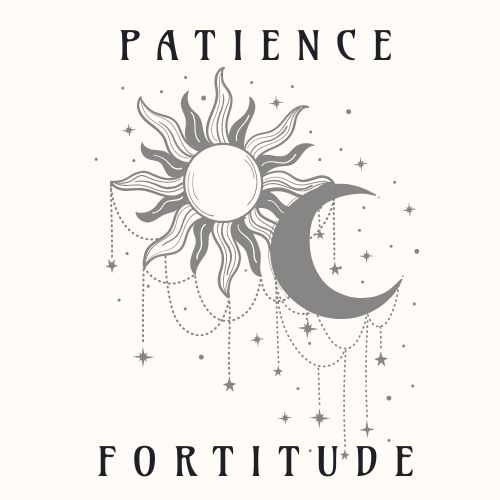As a child, when things went wrong or I felt sad or scared, I would hide under my father’s desk. He had a large, executive IBM desk (literally, it was made by or for IBM) from the late 60s that weighed as much as a small car and could easily hide a baby elephant in the chair well. It was my cave, my basement, my safe place in a world of confusion and uncertainty. I never hid under mother’s matching IBM desk, which is probably representative of the many problems we had with each other.
Of course when I held the estate sale in 1996, the desks were on the block because I could not conceive of how to even move the bastards. No one else could either, I think, as they were not purchased by anyone who traipsed through the house. When I left home for the final time, there were some old clothes remaining in the front hall closet and the two IBM desks in the living room.
Before that, though, there were several months of me, alone, in the house.
After Poppa’s death, I did not even hold a funeral because I could not bear the thought of it being me, a priest, and two strangers at the service. Poppa was not that keen on funerals anyway, so I was not too worried about betraying his final wishes or anything. Still, there was a week of shock and paperwork and calling distant relatives and then…nothing. It was just me, the pets, the furniture, and memories. The second week after Poppa’s death, I spent most of the time asleep on the couch in the front room or curled up under Poppa’s desk (remember, that chair well was huge; as a full-grown woman I could still crawl under that thing with room for pillows and blankets and dogs to join me).
The only reason I did not go insane was because my friends Tim and Phi noticed that I was particularly unstable during phone conversations and fetched me from my oblivion. I think I was under the desk when Tim knocked on the door, unexpectedly, and pulled me out to stay with them for a few days.
As with so many other aspects of the Aftermath, it never occurred to me, preceding the deaths of my parents, that I would not have that space to crawl into. Like the more general idea of life without my parents, it was a concept utterly foreign to me. It was an act of defiance as much as fear and grief that drove me under that desk. I could pretend, sometimes, that they were still “out there”.
People do strange things with things after a loved one dies – parents never touch a child’s room, a spouse refuses to clean the last cup their loved one used, a friend wears a friendship bracelet until it falls off. I locked Mother’s room in stasis for nearly nine months, including leaving her final can of Sprite sitting on her bedside table. For many years I put a peg by the front door of where ever I lived and hung my parents’ key rings there.
I am sure that there are solid, textbook psychological reasons for that kind of behavior, but personally I put them under the “defiance” umbrella. We all know colloquially that denial is one of the stages of grief, and defiance is a part of that I suppose, but I tend to expand defiance to include more than just denial of the death(s).Defianceis continuing tradition; it is putting the world back together in a way that makes sense after it has been torn asunder. It is standing up to tragedy and saying, “you can and will change my life, but I will keep what I value, no matter how much else you tear from my arms.” It was hiding under the desk.
Sometimes that is a good thing, and sometimes it becomes self-destructive. I pretended that it did not matter either way.
#
